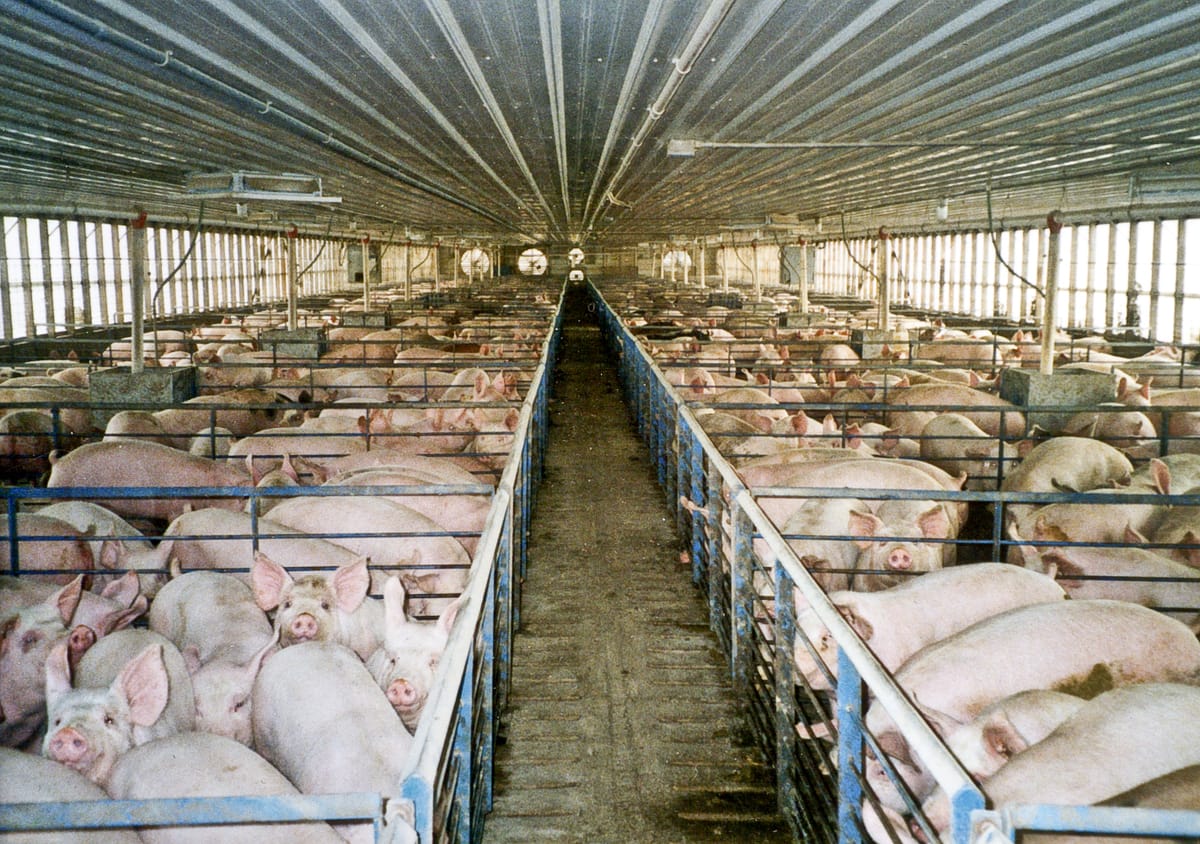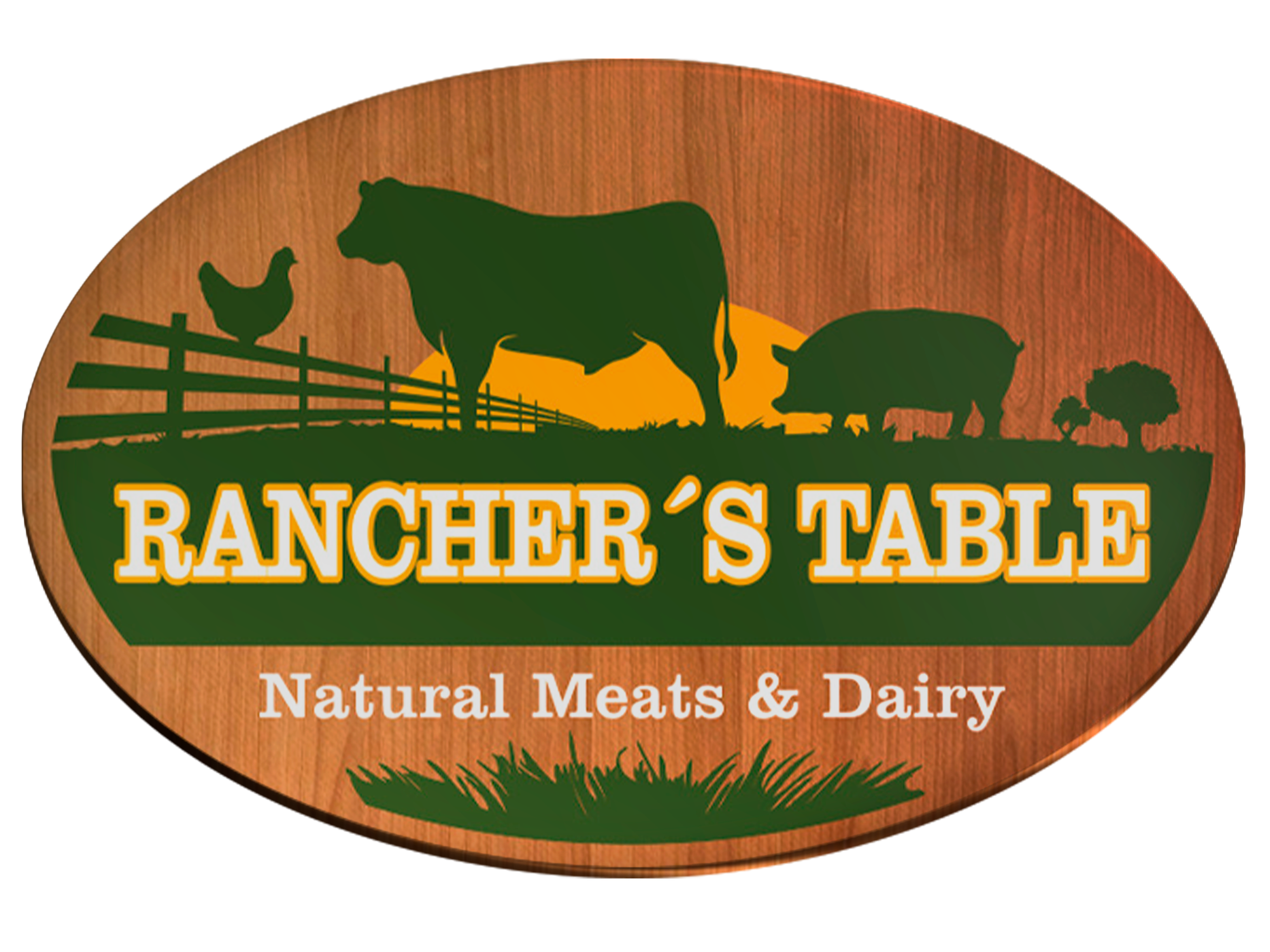Health Risks of mRNA Contaminated Pork

In a future where the pork on your plate might carry genetic modifications with unknown long-term effects due to the unregulated use of mRNA vaccines in livestock, particularly in pigs, we face alarming potential health risks.
This practice, conducted without the transparency it demands, could fundamentally alter our understanding of food safety, introducing a host of concerns to consumers who are largely unaware of these changes.
Scientific Analisys
The science behind mRNA vaccines involves nanoparticles designed to deliver genetic material into cells. In pigs, this technology aims to prevent diseases by teaching the animal's immune system to recognize and fight off specific pathogens. However, there's a dark side to this approach:
- Nanoparticle Behavior: These nanoparticles are engineered to be stable enough to reach and enter cells, but their behavior once consumed by humans is not fully understood. There's potential for these particles to interact with our own cells in unforeseen ways.
- Genetic Material Persistence: mRNA is designed to degrade after performing its function, but in the absence of comprehensive studies, there's speculation about whether remnants could remain in the meat, potentially affecting human health.
Long-Term Effects
The implications of consuming pork treated with mRNA vaccines are speculative but concerning:
- Immune Dysfunction: There's a risk that these particles could trigger an overactive or misdirected immune response. Chronic activation of the immune system might lead to autoimmune disorders or persistent inflammation.
- Cardiovascular Issues: Some studies on human mRNA vaccines have suggested links to cardiovascular problems like myocarditis. Although the direct transfer of such effects from pigs to humans hasn't been established, it raises questions about the safety of consuming such pork.
- Neurological Disorders: The potential for these genetic materials or their byproducts to reach the brain or nervous system could disrupt normal functions, possibly leading to neurological complications over time.
Empowering Yourself Through Education and Choice
The onus for change lies with us, the consumers. Education is our greatest tool:
- Understand the Risks: Being aware of the potential health dangers posed by consuming gene-altered foods empowers us to make informed decisions. This knowledge underscores the importance of ethical considerations, reminding us that our dietary choices reflect our values.
- Make the Switch: Opting for meat that is free from hormones, steroids, and genetic manipulation, like the unadulterated and naturally grown meats from Ranchers Table in Mexico, is not just a health choice but a vote for transparency, ethics, and respect for natural processes. By supporting such producers, we encourage a shift in the market towards safer, more ethical farming practices.
- Community and Direct Sourcing: Engaging directly with producers or through community initiatives can provide insights into the authenticity of food sources. Remember, labels like 'organic' can be misleading; true natural meat is often about practices beyond labels, like being grass-fed and unvaccinated.
In conclusion, the potential health risks posed by mRNA-contaminated pork are a clarion call for consumer empowerment. By educating ourselves on these matters and choosing to consume unvaccinated, hormone, and steroid-free meat, we safeguard our health and advocate for a food system where transparency, ethics, and respect for natural processes are paramount.
It's time to take control, to demand better through our choices, and to ensure our food reflects our values of health, integrity, and respect for life. Let's empower ourselves by supporting places like Ranchers Table and fostering a movement towards safer, more ethical food production.
